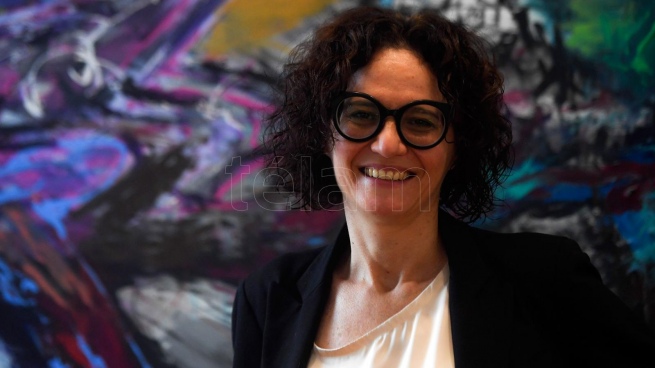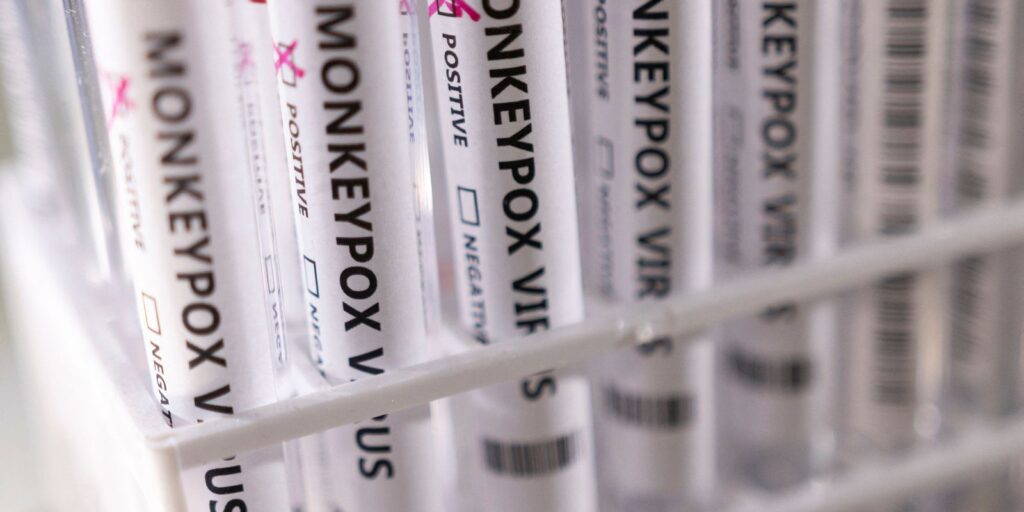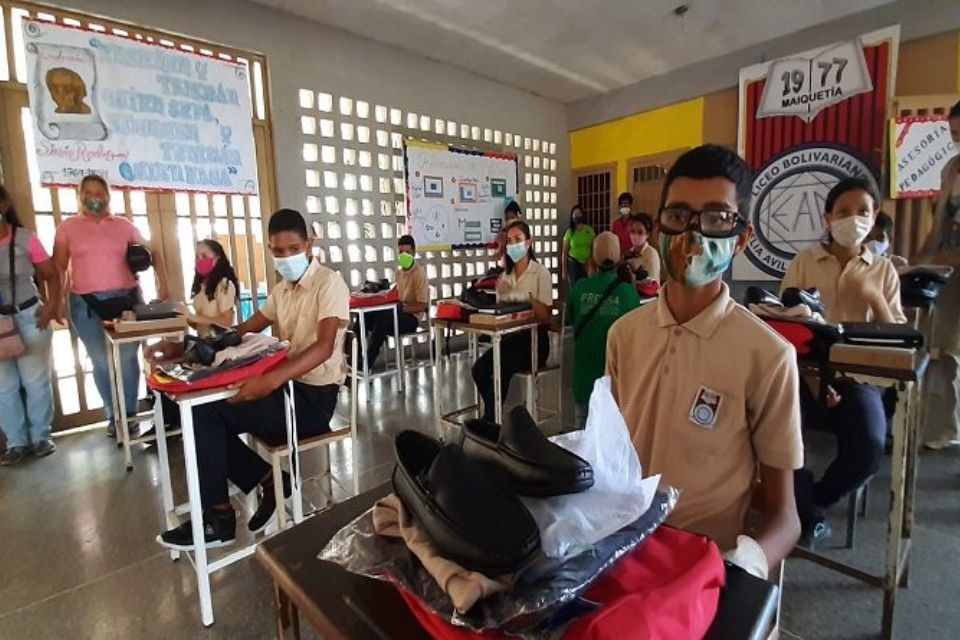The Secretary for International Economic Relations, Cecilia Todesca Bocco, highlighted the historical importance of Mercosur throughout its 31 years of existence, since the signing of the Treaty of Asunción on March 26, 1991, and gave concrete examples of advances for the economy and citizens of the four member countries.
In an interview granted to Télam, the Foreign Ministry official reviewed the progress of the sixtieth summit of the regional bloc that took place on July 20 and 21 in the city of Luque, Paraguay, in which she participated as part of the delegation Argentina.
Télam: How would you summarize the meaning of this summit that took place in Luque?
Cecilia Todesca Bocco: It was a very important summit, the first in-person after the impact of the pandemic. The Pro Tempore Presidency just happened to Paraguay, which also had the challenge of the first semester of 2020, when it was done for the first time through virtual mechanisms. Regaining the presence of ministers, foreign ministers and also presidents is very important for the things we have to discuss.
We have been able to move on to another stage of the pandemic, with people vaccinated we can move with less risk.
In terms of results, there are two communiqués, one with the States that are part of Mercosur and a second with the associated States. And two declarations: one on food security and sustainability and another economic and social recovery.
Specifically, one of the achievements in these six months is what we call the “mercosurization” of the 10% reduction in the AEC. The Mercosur countries have as a policy that unites them the tariffs that they impose on countries outside the zone. What was negotiated for a long time is this 10% reduction in certain tariffs. But we have a set of so-called “sensitive” ones that are not built in. Each country has a set of goods there, generally industrial, in which we care to maintain the tariffs as they are.
T: How did you take that Brazil had made that decision in advance, unilaterally, and then it was the subject of negotiation for the entire bloc?
CTB: The decision was unilateral, but also discussed. We are at a juncture, from the pandemic, the exit stage and the emergence of international trade with accelerated prices due to the war in Ukraine. The countries have an increase in inflation, they are concerned and different strategies to combat it.
In the opinion of the Brazilian authorities, the lowering of tariffs was part of its anti-inflationary policy. Brazil spoke with us and with the rest of the Mercosur members and warned that it needed to move forward with this withdrawal from the CET. What we ask for –and this is what has been achieved now- is that we all be together in that 10% drop. Above all, because it was a very elaborate deliberation, the original proposal from Brazil was a 50% reduction. After all the negotiations, we arrived at this 10%. They, later, made the decision to go for another 10%, which they have temporarily until December 2023 and that was also discussed.
For the Mercosur partners to stay together, a certain degree of flexibility is needed. First, because economic cycles are not exactly the same; second, because the governments are voted for by the people, they have a mandate, an electoral platform and consequently a certain margin to do things.
There are things that can be done within Mercosur. Brazil’s was a temporary measure, based on the emergency and we were able to understand their arguments, maybe we can have a reading.
T: For practical purposes, how will this tariff reduction impact the Argentine economy?
CTB: With this reduction, we should have a certain drop in the price of some imported inputs, but I reiterate that sensitive products continue to be protected, protecting not only our national industry but also the regional one. They are the tariffs that we put on products from outside the zone.
T: The Foreign Minister of Uruguay, Francisco Bustillo, criticized Mercosur’s performance over three decades.
CTB: Each country can have its opinions and the chancellor too. I don’t have the same reading. There is an integration that people and companies do, which has to do with culture, food, languages, which is independent of what we sign or do not sign. People move, get married, fight, fall in love, sell from one side and the other, come and go.
The integration of Mercosur is a fact and it was not so thirty years ago. Today you can travel by plane or bus to any bloc country only with your DNI. We also now have the digital signature, which can be used to sign a rental agreement with Uruguay, for example. We are trying to do the same with Chile. Anyone can realize what that implies in the reduction of costs. So, it is not true that Mercosur has not advanced.
The criticism that is true is that when Mercosur was launched, intra-zone trade increased a lot and then fell. There are periods when it grows again, like during Kirchnerism. And intra-zone trade was reduced because in recent times there has been a primarization of our exports to the rest of the world. And within Mercosur we trade more industrial manufactures, unlike the commodities that dominate our exports from outside the zone. When there is a commodity boom, logically exports to the rest of the world rise.
I do not share the idea that Mercosur has not advanced and that in thirty years nothing has happened. We could do much more, yes, but with more integration. This is what Foreign Minister Santiago Cafiero said, when he quoted Augusto Roa Bastos’ phrase in his speech: “What we call destiny is what we make of our lives.” Collectively, we are what we can build between us.
Argentina has the vision that it always had, that those who created Mercosur had, but more than ever now. Today the world speaks of regional value chains to ensure production. Argentina has four vaccines produced 100% in the country with different degrees of progress. Together with Brazil, we could be suppliers of vaccines produced entirely in Mercosur.
















